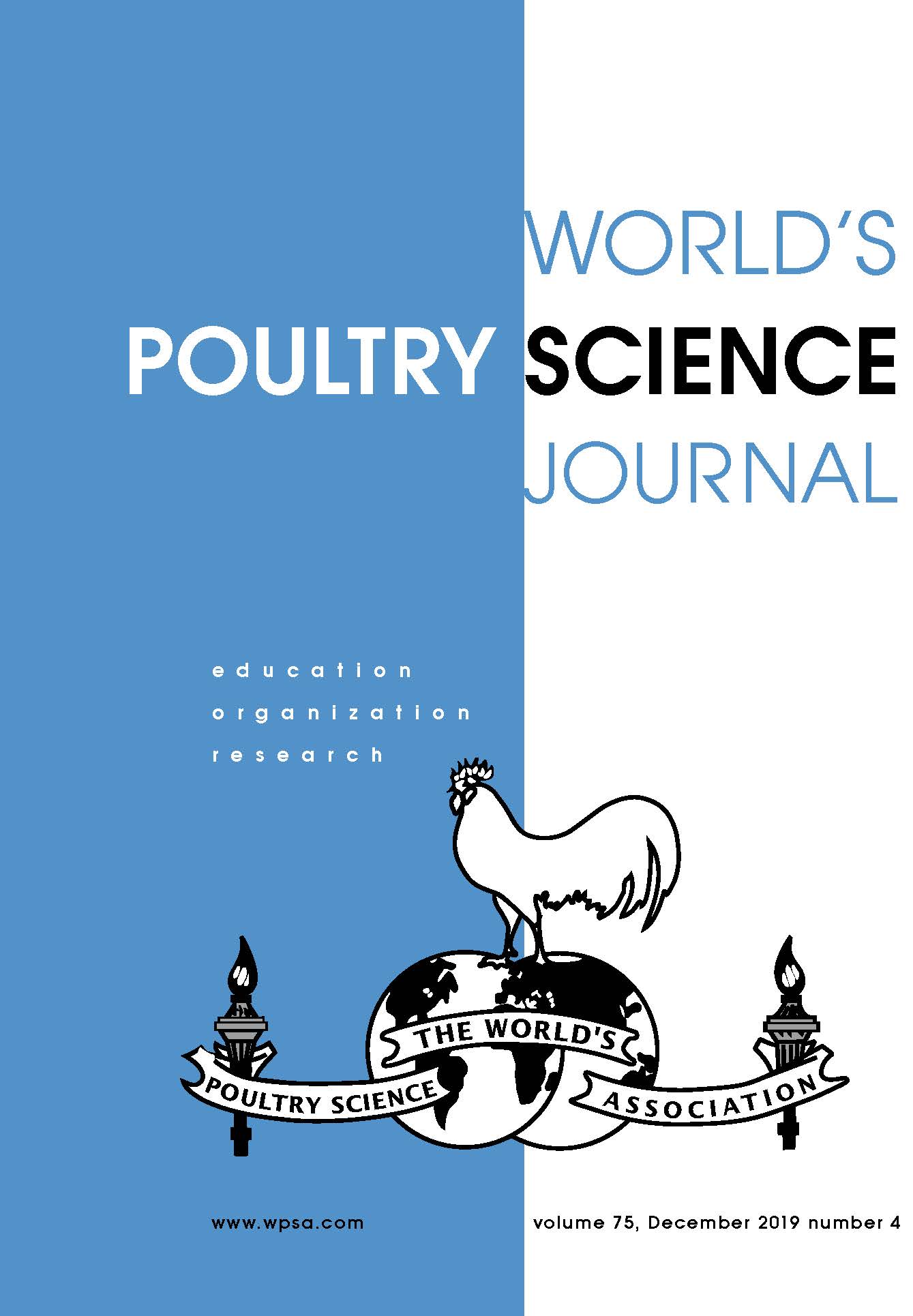Article contents
The FAO special programme for food security: livestock diversification – a case study in Chad
Published online by Cambridge University Press: 18 September 2007
Abstract
This paper presents a Technical Cooperation Project associated with the FAO Special Programme for Food Security (SPFS) in Chad. The project entitled “Diversification Component of the SPFS in Chad”, which started in November 2000 and ended in October 2002, focussed on improving the contribution of small ruminants (sheep and goats) and poultry (chickens, ducks and guinea fowl) to household food security. Only data from the poultry component are presented in this paper.
An initial analysis identified access to credit, goods and services, and markets as the main constraints faced by farmers wishing to expand their poultry production. High mortalities, especially in chickens, were identified as a major cause of low productivity. Through a consultative process that involved all the stakeholders, project interventions were designed to overcome these constraints. The project introduced credit with repayment in kind, access to animal health care, staff and farmer training, and demonstrated improved animal husbandry practices.
Sixty percent of the original 55 farmer production/demonstration units remain active and profitable. Guinea fowl and duck keeping proved to be the most profitable as their meat is in high demand during festivals, and guinea fowl lay during the wet season when there is a scarcity of eggs. Efforts to control Newcastle Disease were less successful and the disease occurred in 78 percent of the units keeping chickens. Credit repayments have started in 40 percent of the units. This pilot project has shown the potential of poultry as a means of increasing household income and it has become a model for SPFS programmes elsewhere in sub-Saharan Africa.
- Type
- Research Article
- Information
- Copyright
- Copyright © Cambridge University Press 2005
References
- 9
- Cited by


